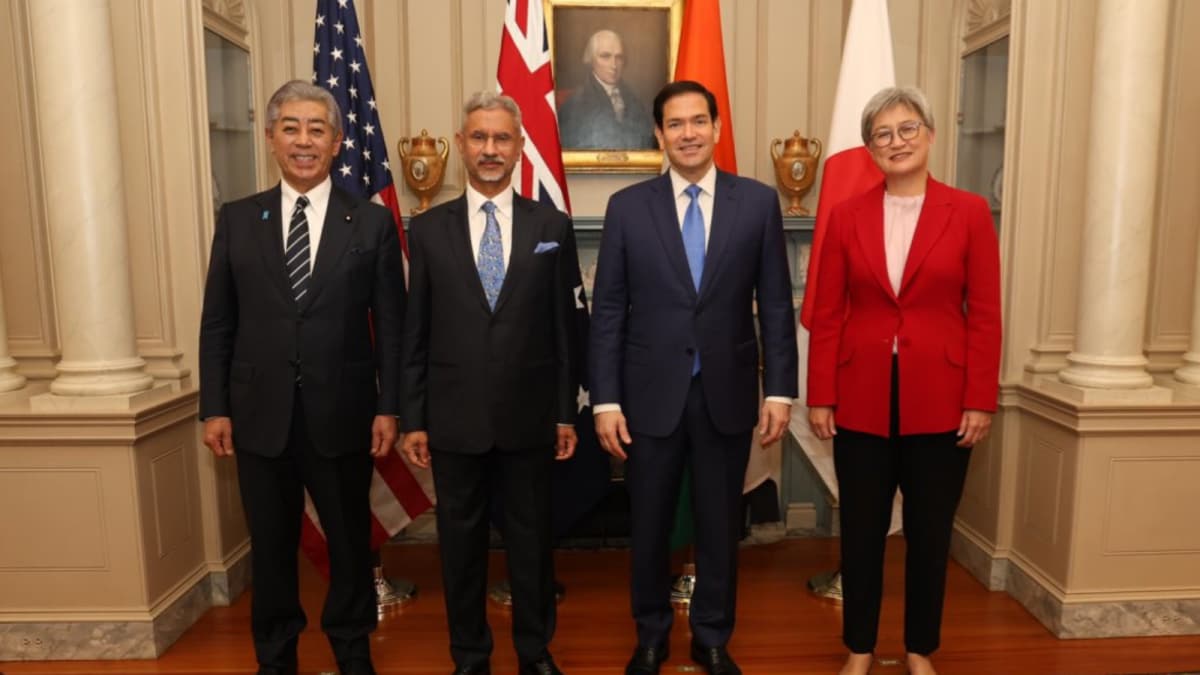ARTICLE AD BOX
The accused's counsel argued the prosecution has to establish that there was physical contact by the accused with a "sexual intent" or a "demand" or a "request" for sexual favour or "making sexual coloured remarks", which were absent in the present case.

The Bombay High Court bench of Justice Urmila Joshi Phalke heard the matter. (File photo)
The Bombay High Court on Tuesday acquitted a 25-year-old man and quashed a three-year sentence handed over to him by the Nagpur Sessions court for sexually assaulting a minor after he held her hand and said "I love you" to her in 2015.
Advocate Sonali Khobragade, appearing for the accused, appealed against the judgement of the Session Court, and submitted that to prove the charges of sexual harassment, the prosecution has to establish that there was physical contact by the accused with a "sexual intent" or a "demand" or a "request" for sexual favour or "making sexual coloured remarks", which are absent in the present case.
Taking note of the submission, the bench of Justice Urmila Joshi Phalke observed, "If somebody says that he is in love with another person or expresses his feelings itself would not amount to an "intent" showing some sort of "sexual intention". What constitutes such "sexuality" or "sexual intent" and what is not, is a question of fact.
The 17-year-old girl had filed a complaint on October 23, 2015, alleging that when she got off the school bus along with her cousin on her way back home around 1:00 pm that day, a man intercepted her on his motorcycle. He held her hand, and said that until she disclosed her name, he would not let her go. He also said, "I love you" while she rescued herself from his clutches and rushed home.
The girl informed her father about the incident, following which an FIR was registered invoking relevant sections of the Indian Penal Code (IPC) and the Protection of Children from Sexual Offences (POCSO) Act. In court, the prosecution had brought in five witnesses, which included the girl, her friend and her father.
"Words expressed “I Love You” would not by itself amount to “sexual intent” as contemplated by the legislature. There should be something more which must suggest that the real intention is to drag in the angle of sex. If the words uttered are to be taken as conveying sexual intent, they should be reflected by the act," the bench added.
The court further noted that in order to ascertain the state of mind of the accused, there was not a single circumstance indicating that the accused’s real intention was to establish sexual contact with the victim.
The bench said that the offence under the POCSO Act was not made out as there is no allegation that the accused with "sexual intent" touched private part of the victim, involving physical contact.
"The sexual assault without penetration has not been proved by the prosecution beyond reasonable doubt," said the bench, while adding that the Judge of the trial court had not considered the definition and punishment of "sexual assault" given under the POCSO Act, and without considering the true import of the provision, convicted the accused, which is erroneous.
- Ends
Published On:
Jul 1, 2025



.png)
.png)
.png)
















 8 hours ago
5
8 hours ago
5










 English (US) ·
English (US) ·